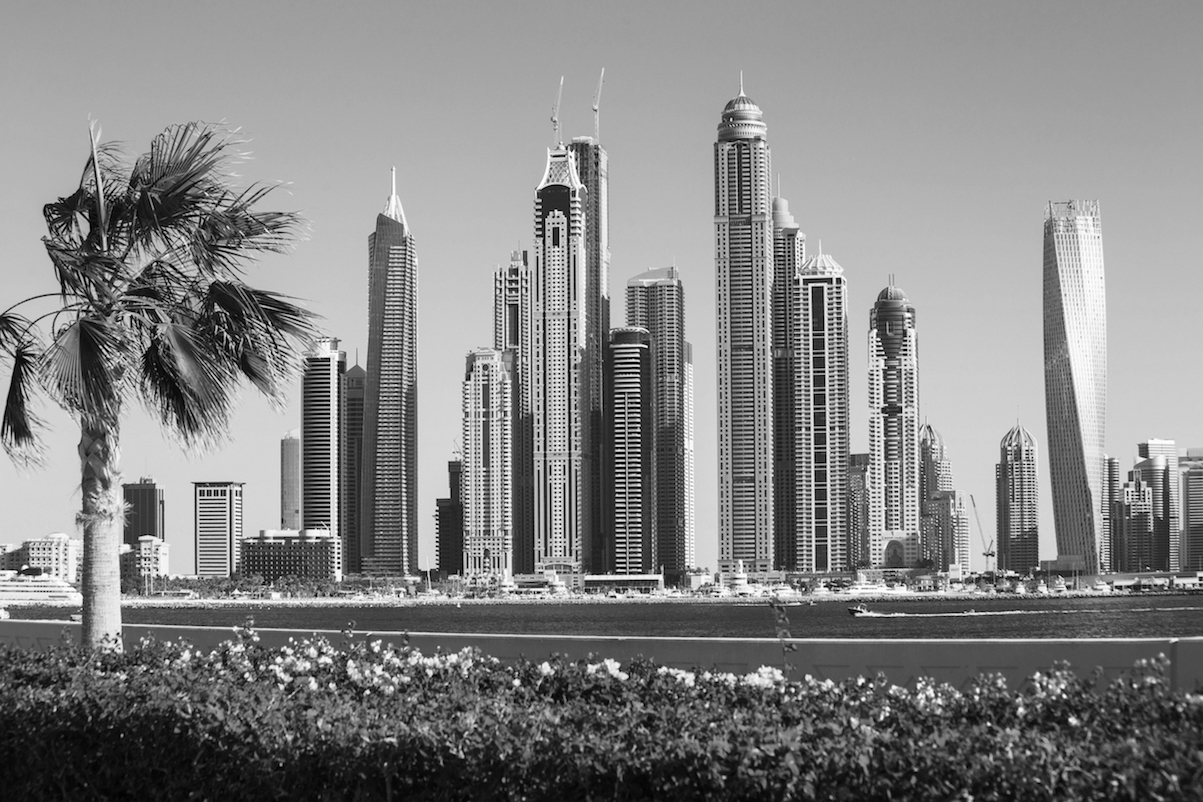Emaar Properties will sell 20% of its UAE development portfolio in an initial public offering in November. This is the first IPO in the UAE capital markets in the last three years and follows bellwether offerings such as Emaar Malls and Emaar Misr. Emaar’s Dubai development’s adjusted net value is 24.1 UAE dirhams and I would not be surprised if the post IPO revalues the portfolio to 30 billion AED. The crucial issue for me, as always, is the pricing, valuation and secondary market trading prospects of the IPO. Of course, the rise in Emaar Property’s share price from AED 7 to as high as AED 8.9 after the development IPO was announced in June meant that the optimal strategy was to buy the parent’s shares on the news. However, given that oil prices have doubled since their lows the US dollar index has depreciated 8% in 2017, Emaar’s offplan sales have risen above a 10% amid a stressed secondary market and a de facto bank credit crunch, the fabulous margins in Dubai property development and the potential in Expo 2020, Emaar Development will be a profitable deal for investors upon its listing.
While the earnings of Emaar Development will be more volatile than those of its parent, it will also be a pure play vehicle on Dubai property development without exposure to retailing (Emaar Malls) or foreign markets (Egypt, Turkey, Saudi Arabia) risk. Emaar has unquestionably created the most formidable brand in Middle East property development, the reason its off-plan sales did not sag even as transactions, values and rentals declined in UAE real estate since 2014. In fact, Emaar Properties saw its discount to net asset value compress after the June announcement. This segment has exceptional earnings visibility till 2020, given Emaar’s development pipeline is at least 40 billion AED in this period.
In my discussions with investors, I see pervasive bearishness about the after market for UAE IPOs. National Takaful and Marka (a blind pool to buy shwarma shop chains and cheeky monkeys, hooray!) inflicted ghastly losses on investors, losing 50–60% from their IPO offer price. Even Emaar Mall is down 20% from its IPO offer price, a testament to the global Amazonisation of retailing and the sharp decline in retail sales. In fact, apart from Amanat, every IPO in the last seven years has lost money for investors.
Emaar Development targets an estimated $1.7 billion in aggregate dividends in the next three years. Emaar’s Dubai development projects also have the highest brand value in the UAE. These range from Downtown, Arabian Ranches, Dubai Marina, Emirates Hills, Dubai Hills, Emaar South, Dubai Creek and Dubai Harbour. Emaar has delivered 85–90% launch to sales ratios and developed a global clientele for its villas and apartment offerings. No other property developer in Dubai can remotely match Emaar’s brand, land bank, construction economies of scale, secondary market resale value and offplan sales track record. Emaar presales momentum is robust in 2007 and backed by well marketed product launches. With property development margins above 40% this business is a de facto money machine even when the secondary market for Dubai real estate is stressed.
Emaar Development’s financials suggests net income margins of at least 35% on its own and joint venture projects. Emaar can also borrow from international banks on a scale and spread unthinkable for most UAE private developers. For instance, Emaar recently acquired $1.5 billion five year financing at LIBOR +1.35% for the development business, which accounts for 40% of Group revenues and a third of its profits.
I expect Emaar Properties to be a superb value buy in the AED 7.40 to 7.60 range for a AED 9 target sometime in 2018. Emaar is widely owned by some of the world’s largest fund managers. When risk premia in global emerging markets rise, institutional investors sell their largest, most liquid holdings. In essence, they sell what they can, not what they must. Emaar shares fell from their 11 AED peak to as low as AED 4.5 in early 2016 precisely due to this dynamic, after China’s yuan devaluation triggered global cross-asset contagion and panic selling. I was absolutely convinced that Emaar was the ultimate value buy at 4.5 AED, a strategy idea I published in the KT which proved extremely profitable for investors.
Stock markets are both fickle and volatile. If Emaar Properties trades down to 7.4 AED, my value investing zone, expect another column on this subject!







